I Hope You Enjoy the Programme There's a Reading List to Go With It

The only podcast persists.
As I settle into my new flat I have been doing a great deal of walking because I have dog custody. It’s quite a lot doing a dog by yourself and I’m a bit worried I’m making her an emotional wreck by becoming so attached to me but all I can do is give her a lot of things dogs enjoy, like walks. Of course In Our Time makes this substantially easier.
One problem is that the episodes will occasionally be so good that I start drafting whole articles in my head that I forget by the time I get home. Homo Erectus was the most recent culprit. 2 million years! Homo Sapiens (40,000 years so far) is doing so poorly in comparison.
All true IOT fans and Stopgap readers know that the first few seconds of each episode can be heartstoppingly perfect. It’s a matter of measure and pace: Melvyn Bragg’s breathless segue from HELLO into whatever. It’s never a non sequitur, it’s just abrupt and dense; incidentally the characteristics I enjoy the most in a piece of writing.
In the past we have celebrated the form:
"Hello in 9 AD Germanic tribes destroyed three Roman legions in the battle of the Teutoberg forest about 20,000 Roman soldiers were massacred."
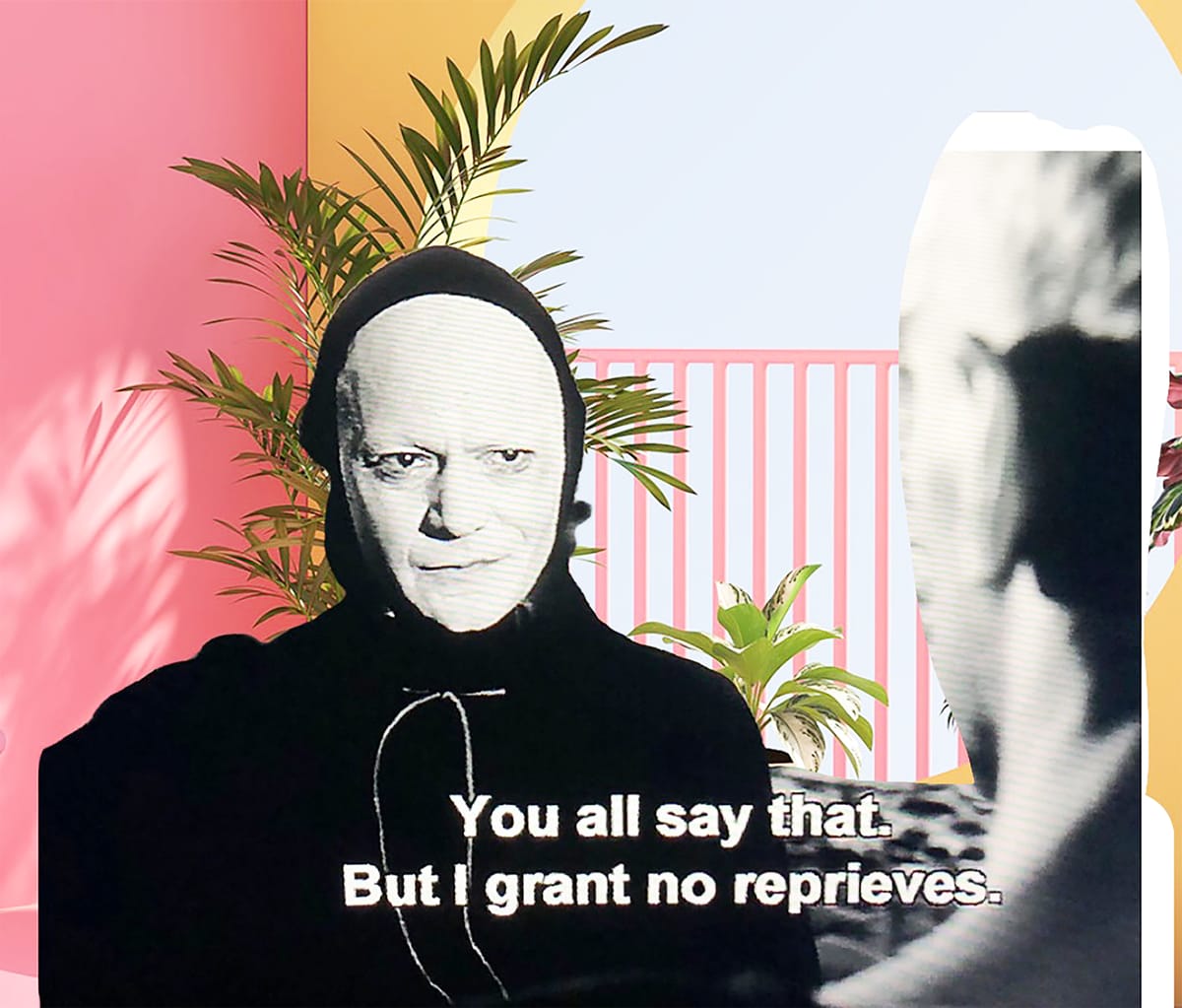
Perhaps it’s better when the full episode is so interesting it takes off into true brainsqueeze territory like Heisenberg’s Uncertainty Principle. Melvyn was thrilled by that one.

The best openers I’ve heard lately are so good that they follow here.
Hello Tycho Brahe 1546 to 1601 was born into a powerful Danish aristocratic family and was destined for the conventional life of a nobleman but as a young man he started studying the heavens and is now regarded as one of the great figures in the history of astronomy even though he was working without telescopes which hadn't yet been invented, in 1572 his observations of a new star challenged the idea, inherited from Aristotle, that the heavens were unchanging. Later, his theory of the structure of the universe appealed to scholars who knew that the ancient model was wrong but who still wanted to support the Catholic church's stance that the sun orbited the earth and not the other way around. He's also remembered for his colorful life his nose was cut off in a duel
—Tycho Brahe
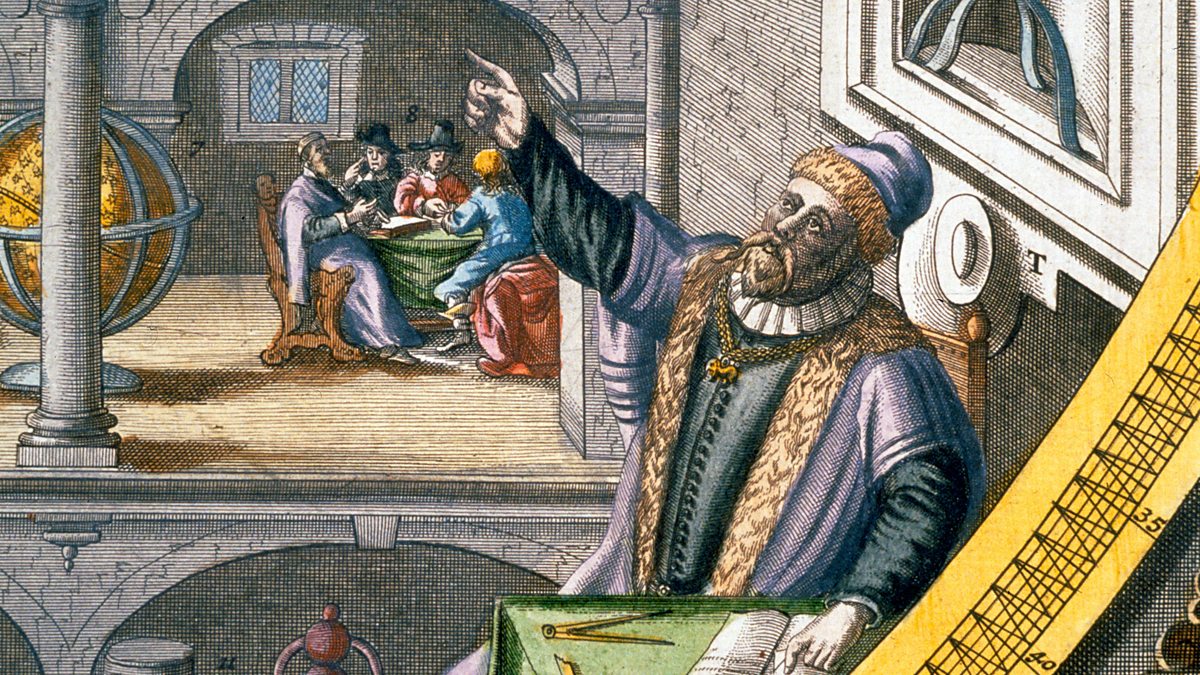
Hello the ancient Indian Sanskrit text The Arthashastra has been compared to the work of Machiavelli its origins are uncertain but what is clear is that it was designed to be part of a practical manual for statecraft
—The Arthashastra
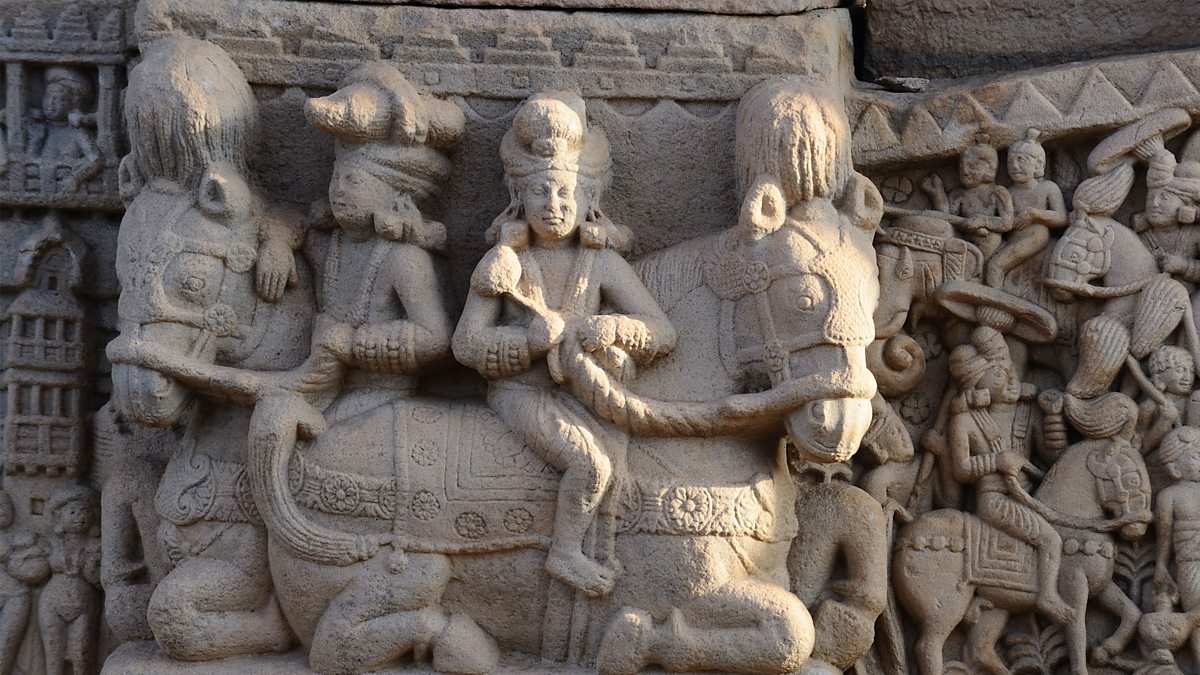
Hello the Empress Dowager Cixi 1835 t0 1908, was the dominant figure in the Chinese court for almost fifty years this was a time of rapid change and slow reform when Western powers and Japan humiliated China in war after war and the ruling Qing dynasty could not or would not modernize fast enough
—Empress Dowager Cixi
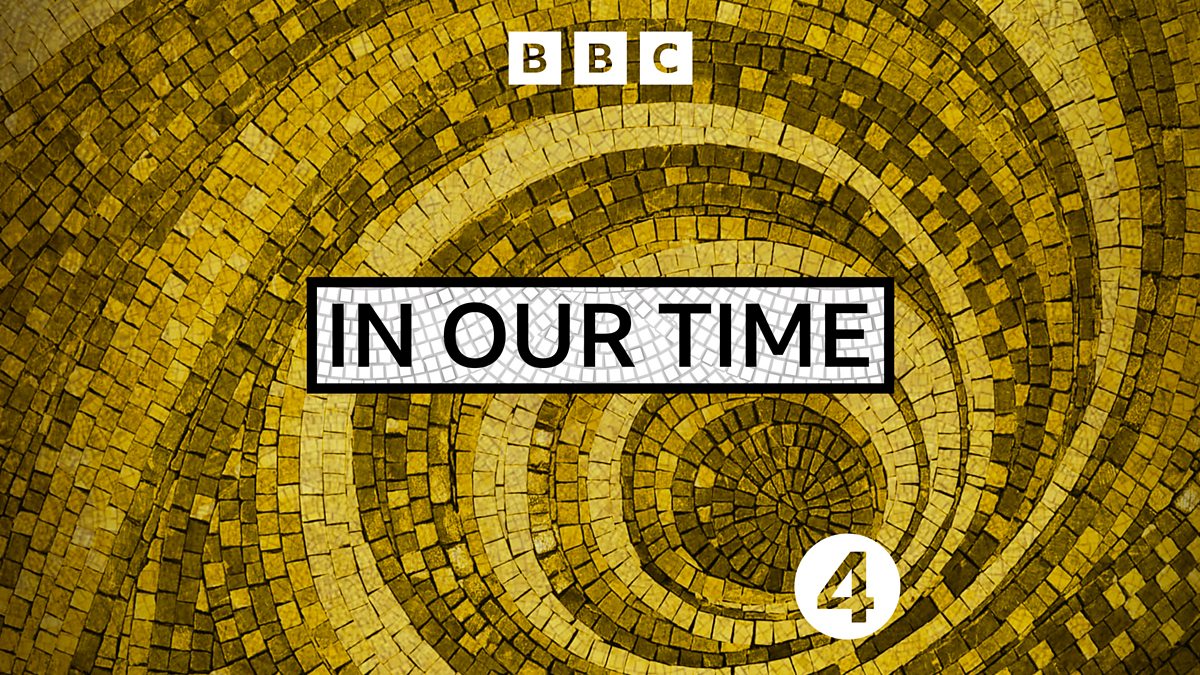
Could not or would not? We'll never know.
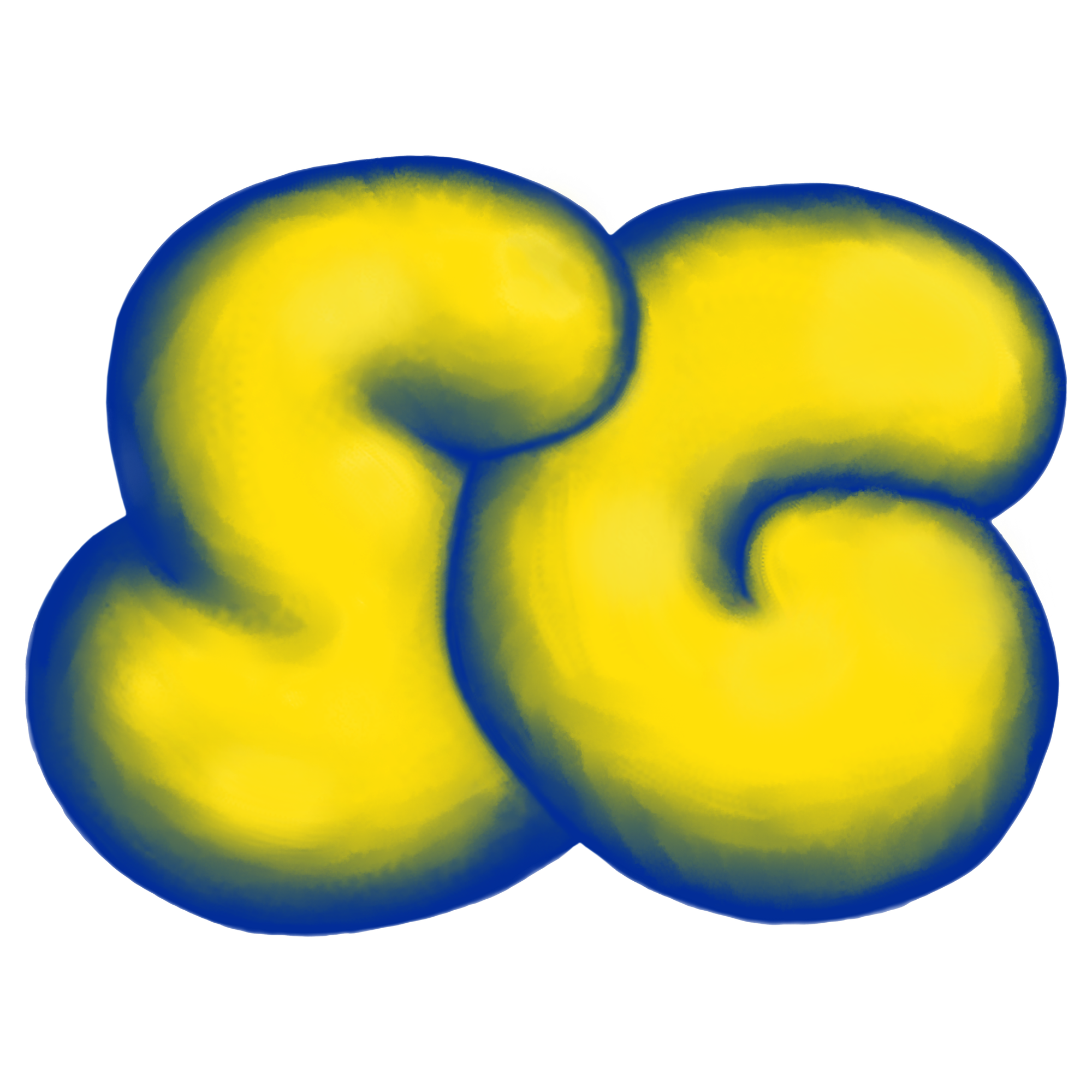







Comments ()